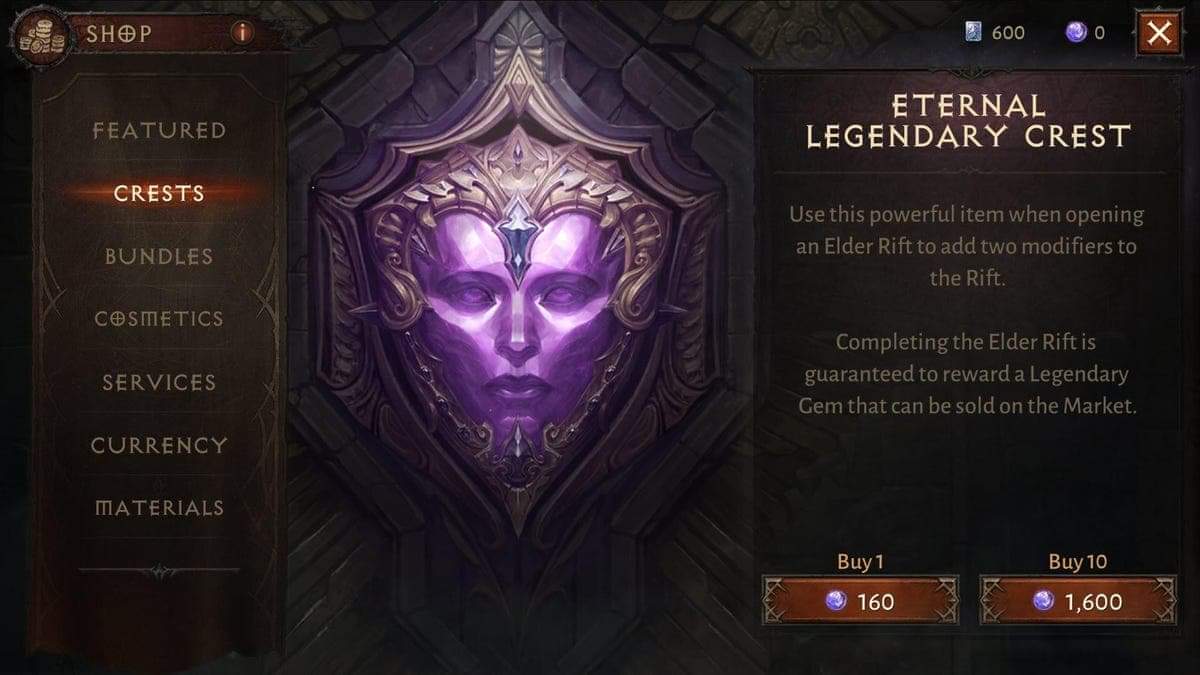For most of my life video games have been an ever-present feature. From picking my first starter Pokemon in the mid 90’s, to the most recent generation of video games where I power wash, tidy houses & cut grass in an ever-expanding list of “job simulation games” that I can’t stop playing.
An easy way to wind down after a long day of school, college or work that has even been shown to increase spacial awareness, memory and hand-eye coordination. All the while various studies will attest to the fact that video games do not cause violence.
Much like violent films, Dungeons & Dragons and Elvis Presley’s hips weren’t created with the sole intention of corrupting the youth of society, video games are great fun & good for you.
However, a dangerous pattern has been emerging within video games. An issue that seems to be flying under the radar not only of parents, but also of worldwide governing bodies.
Gambling

To get a clearer understanding of where this issue started and how it dramatically changed the face of gaming culture, development and progression we need to look at where it all started and remind our solves that the internet literally had a meltdown when Bethesda asked people to pay real money for pretend horse armour.
Think of where we are with some modern video games asking for between $10 – $100 for just a gun skin. Bethesda was by no means the first to try paid cosmetics in AAA games. However notably this was the first time that collectively gamers said “NO!”
It’s only “optional”
The landscape of video games now contains multiple in game DLC downloads, Season Passes, Loot Boxes, XP Boosts, Paid Cosmetics, Daily Challenges & Pay Walled Characters.
But for many, the argument will be that many of these are simply optional, and if it isn’t “Pay To Win” then it isn’t an issue. That nobody is forcing you to pay for loot boxes so it shouldn’t be an issue, & that more than anything it is simply another way to support the developers in a time where video game publishers are making more money than ever.
However, for many the fact that the option is there is the very root cause of the issue.
Loot boxes are gambling. Belgium has recently declared loot boxes to be illegal and that any game that has them, cannot allow them in their country. It has been recently reported that 18 countries in the EU are looking to follow suit.
Surprise! You’re a gambling addict
One of the more recognisable games to feature loot boxes is the EA franchise FIFA. Which features the popular game mode “Ultimate Team”.
The premise of the game mode is simple. Collect cards of your favourite players and build your dream team of current and former stars. EA even lets you earn in-game currency just by playing the game. However, it could still take 22,000 hours to get your dream squad together.
Or, you can pay money to open random boxes & if you’re lucky enough you may just get one of your favourite players, or more likely a repeat card of a stadium you already have.
It is worth noting however, EA don’t use the term loot box. They used the term (and I wish this was a joke) “surprise mechanic” to describe the function of FIFA packs.
But if you don’t want to spend money and don’t have 22,000 hours of free time what other options do you have? Well good news, there is another way to get packs of cards in FIFA.
All you need is roughly 200,000 – 1,000,000 subscribers on YouTube and to be an eSports level FIFA player and EA could sponsor you to open packs on camera for all your young & impressionable fans who likely have no concept of gambling habits, addiction or money management.
Sounds great. Right?
A lot of parents were brought up on SNES, N64 or the PS2 generation. And this is a problem that never existed for them.
This inevitably leads to articles on BBC News every few months, about a child grabbing their parents’ credit card and spending £3000 on FIFA coins.
All Doom and Gloom?
Well, the good news is that EA and the UK government have realised who is at fault. This is why an organisation called UKIE has started a committee to tackle the issue. They have started by blaming parents for not being responsible. Noting that they should be teaching their children about gambling in games that are certified for 3+. Rather than removing the gambling in the first place!
They have partnered up with former professional footballer Rio Ferdinand to put together a feel good campaign. Followed up by a quick YouTube video explaining how to set up parental locks.
Modern video games demand that parents should have a sit down chat with their toddlers to remind them that the house always wins & never fold on 13.
Mobile Hell
But, as noted earlier, more and more governments are cracking down on this. However, Loot Boxes seem to be being replaced by a new brazen attempt at forcing gambling into video games. With the recent culprit Diablo Immortal on Android, iOS and PC
The game currently sits on a 0.4/10 on its user reviews, with 6000+ reviews giving it a 0 – 3. Enough has been said by almost every media outlet about this game, but could it show a potential light at the end of the microtransaction-filled tunnel?
No.
Diablo Immortal made $1.5m per day in its first full launch, and has gone on to make record profits for a mobile game. Surprisingly, despite all the bad press, it sits at the top of the most downloaded mobile game charts.
The worry is with Diablo 4 just around the corner, could this be a testing ground?
The hope is that with the imminent Xbox/Bethesda merger this won’t happen.
But that would bring us to what has happened to Halo Infinite, and I don’t have time for that today, so I’ll leave you with Arby & The Chief to explain my feelings.





